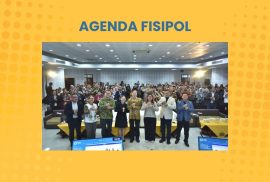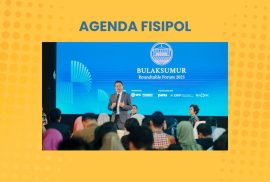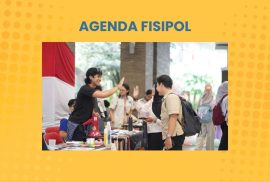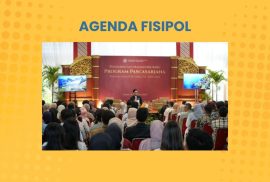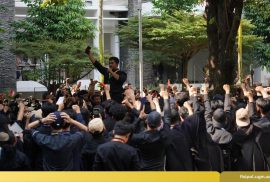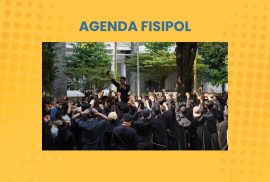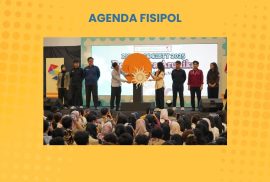FISIPOL UGM Scholars Address Youth and Inequality in The Palgrave Handbook of Global Social Problems
Two Sociology lecturers from the Faculty of Social and Political Sciences, Universitas Gadjah Mada (FISIPOL UGM), Oki Rahadianto Sutopo and Fuji Riang Prastowo, have contributed their latest academic work to an internationally renowned reference book, The Palgrave Handbook of Global Social Problems.
In their chapter entitled “Young People and Inequality in Indonesia”, they examine how social inequalities in Indonesia generate a series of social, economic, and political challenges for the younger generation. Despite Indonesia’s high universal literacy and numeracy rates, social mobility remains limited, and youth wages are still low—particularly since more than half of the domestic economy operates in the informal sector.



